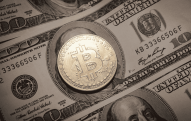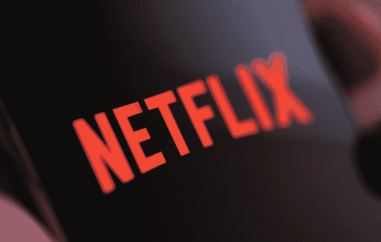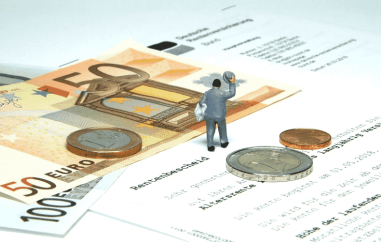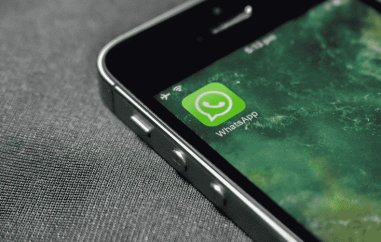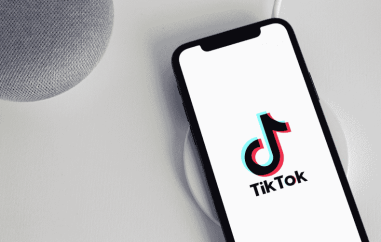Misinformation on Facebook slow down vaccination readiness
In the debate about how to deal with persistent vaccination refusers, the role of social networks such as Facebook, Twitter and TikTok is coming under greater scrutiny. They provide the platform for countless false reports in connection with Corona vaccinations: Untrue claims that the vaccines have not been adequately tested or that they lead to infertility are spreading at lightning speed. In the United States, this has already put U.S. President Joe Biden on the spot. He even accused Facebook of being responsible for people's deaths. Facebook firmly rejects this. Later, Biden relativized his accusation, instead of targeting a small portion of users.
In Germany, no politician attacks the networks directly, but Federal Justice Minister Christine Lambrecht (SPD) appeals to the responsibility of Internet users: "Anyone who uses conspiracy myths and deliberate misinformation in social networks to stir up fears about vaccination is acting completely irresponsibly," she told the F.A.Z. "It can lead to citizens refraining from vaccination on the basis of false information, thereby endangering not only themselves but also others."
She recalled that there are still many people who cannot protect themselves through vaccination, such as children under the age of twelve or people with certain pre-existing conditions. There is also no general vaccination recommendation for pregnant women at the moment, she said. In the public debate, the role of social media in vaccination readiness has so far played only a subordinate role, although it is undisputed that they have a major influence. On the other hand, there is a heated debate about whether, contrary to earlier statements, a general vaccination requirement will soon be introduced in Germany to give new impetus to the increasingly sluggish vaccination campaign.
Critics warn that this could only further harden the fronts. Justice Minister Lambrecht also has doubts about whether such a general vaccination requirement would be legally permissible. "The best way to counter deliberate misinformation is with facts and reliable information. It's up to all of us to share only trustworthy and serious information," she says. "It's very important that we now do everything we can to promote vaccination and keep all citizens well informed about vaccination - so that we can allay fears and look to a future without further restrictions."
However, doubts are growing as to whether the supply of serious information alone is sufficient. There is now plenty of it on all social networks. The German Federal Ministry of Health advertises the benefits of vaccination on every conceivable platform, and the media are also represented with educational videos on the grossest misinformation. The impact of the flood of misinformation on the web, on the other hand, is felt by employers, who are confronted with the reservations of their employees and have to do much more to correct the misinformation.
St. Gereon Senior Services, for example, which operates nursing homes for the elderly and an outpatient care service, has had such experiences. Managing Director Gerd Palm was faced with the problem that vaccination skepticism was particularly high among the 300 trainees, much higher than among the rest of the staff. The reason: Many of the young people did not watch the news, but informed themselves via Facebook and other platforms. There, many rumors circulated, including alleged infertility caused by the Corona vaccination. "So we sat down with them and explained what we knew," Palm reported. Many could be convinced that there was no truth in the scattered reservations.
In the United States, the debate over the role of social media is already in full swing. There, mutual accusations have been exchanged for days even at the highest level. The social network countered the president's serious accusation that Facebook was killing people with the assumption that the president wanted to distract from the fact that he was not achieving his own vaccination goals. Biden had promised that 70 percent of the population would be fully vaccinated by Independence Day. In fact, similar to Germany, only about half are currently vaccinated.
Part of the problem may be that the networks have limited means to curb the anti-vaccine campaign. Facebook, for example, is already cracking down on misinformation related to Covid-19 more rigidly than usual. Since the pandemic began, the company has removed 18 million pieces of content containing misinformation about Covid-19 and vaccines, a spokesperson explained. However, there are also many closed groups whose exchanges are difficult to verify anyway.
On the network TikTok, which is very popular among young people, it is also apparent how difficult it is to get to grips with the problem. There are quite a few statements there, often accompanied by the latest hits, not to get vaccinated. Other more or less well-known TikTok users report completely fact-free that they do not get vaccinated. Instead, they complain that they are being taken for fools because of this refusal. As mere expressions of opinion, it would hardly be justified to delete them - even if they have what it takes to keep young people from getting vaccinated, even though an approved vaccine has been available for them for months.
Photo by Timothy Hales Bennett











